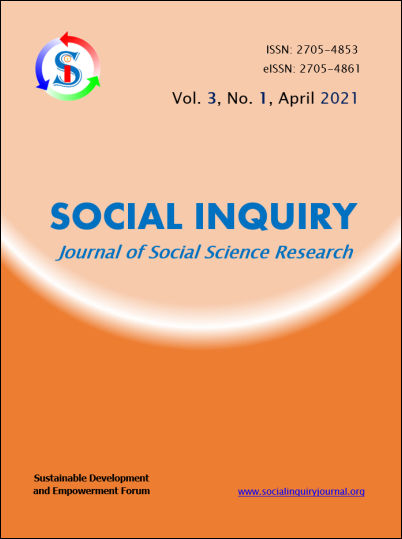Democracy in Marxism: Exploring Marx’s Idea of “True Democracy”
DOI:
https://doi.org/10.3126/sijssr.v3i1.46030Keywords:
Democracy, Marxism, German Philosophy, Political Institutions, Civil-political Divide, SuffrageAbstract
This paper examines the preliminary relationship between democracy and Marxism by revisiting one of the earliest works of Karl Marx, which introduces his articulations on “true democracy”. This includes some unique propositions regarding the normative and procedural aspects of democracy, the social nature of human beings, primogeniture and private property, and universal suffrage by exposing the contradictions within Hegel’s theory of political institutions. The arguments are situated within his main concerns about overcoming the civil-political divide and expanding political emancipation to human emancipation. The strength of Marx’s critique of the formal principle of democracy is situated alongside the plausible merits and gaps in his proposal for “true democracy” as an alternative. This paper explores what such an exegetical exercise could mean for Marxist practitioners in the present world.
Downloads
Downloads
Published
How to Cite
Issue
Section
License
Copyright (c) 2021 Asmita Singh

This work is licensed under a Creative Commons Attribution-NonCommercial-ShareAlike 4.0 International License.




